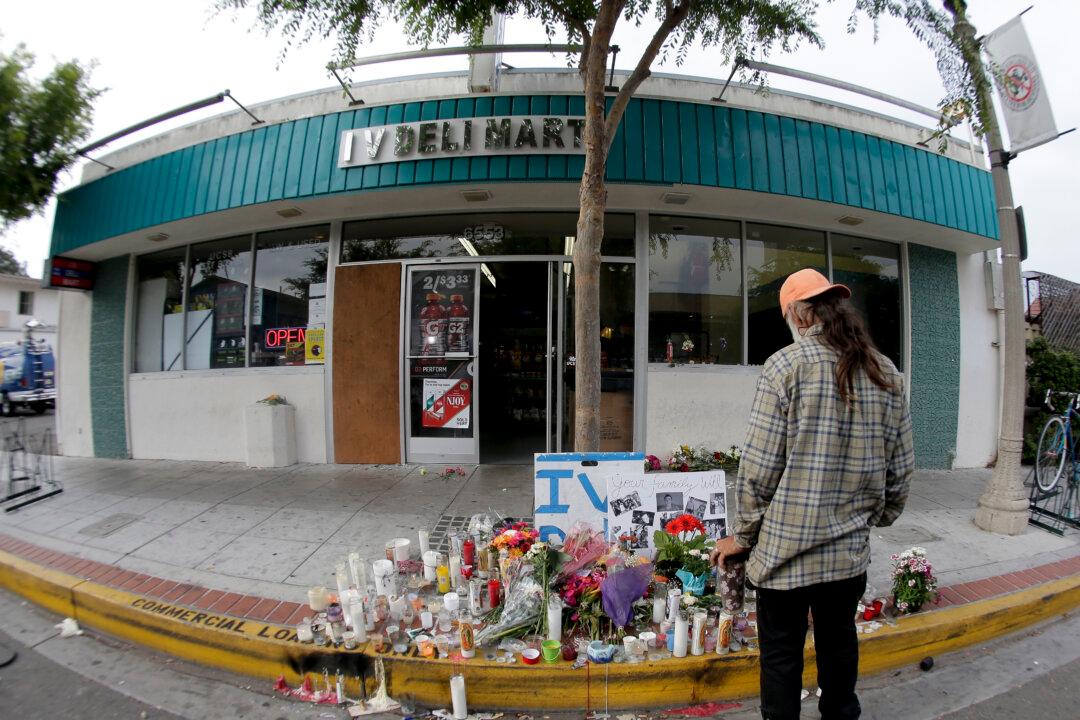Mahbod Moghadam, the co-founder of annotation website Rap Genius, attempted to annotate the “memoir” left behind by mass shooter Elliot Rodger over the weekend.
Rodger’s 141-page manifesto was posted on Rap Genius, which talks about his hate towards women and lack of being able to get a girlfriend. Rodger killed six and then shot himself on Friday night in Santa Barbara, Calif.
“Maybe Moghadam’s fanboy reading of Rodger’s memoir doesn’t bother you—people have been poring over the writings of mass murderers for years. But, at the very least, Moghadam is illustrating perfectly the limitations of Rap Genius: wanting to annotate the world is fine, but the site has yet to prove it can add anything substantive to the wider conversation,” writes Jordan Sargent of Gawker.
After making odd annotations, Moghadam was fired by Rap Genius.
“I was fascinated by the fact that a text was associated with such a heartbreaking crime, especially since Elliot is talking about my neighborhood growing up,” he told Gawker. “I got carried away with making the annotations and making any comment about his sister was in horrible taste, thankfully the rap genius community edits out my poor judgement, I am very sorry for writing it.”
Ilan Zechory, who also helped found Rap Genius, told Business Insider: “Mahbod’s annotations on the other hand are worse than weird, they’re just bad. they are inconsiderate, uninteresting, and insensitive. it was horrible judgment to annotate in the way that mahbod did. thankfully the rap genius community is much more than one person, and when people put up stuff like this, it gets edited quickly. it’s obviously embarrassing that it comes from a rap genius founder.”
It was Friday night when Elliot Rodger’s mother got a call from her son’s therapist that he had emailed a ranting manifesto about going on a deadly rampage.
The mother went to her son’s YouTube channel and found the video in which he threatens to kill people. She alerted authorities and set off frantically with her ex-husband to Santa Barbara.
By the time they arrived, it was too late: their son had killed six people and then, authorities say, himself.
“They’re in deep, deep grief,” family friend Simon Astaire said Sunday as he recounted the family’s ordeal. “Their grief which is nearly unbearable to be close to is as much for the loss of their son as for the victims.”
On Friday night, Rodger’s mother tried to intervene. In April, she had called one of her son’s counselors after seeing bizarre videos he had posted on YouTube, though not the disturbing one he posted shortly before the killings, Astaire said. The counselor called a mental health service, which then called police.
Santa Barbara County Sheriff’s deputies who showed up at Rodger’s doorstep to check on his mental health, however, weren’t aware of any videos, the department’s spokeswoman Kelly Hoover said. They concluded after their visit that the well-mannered if shy young man posed no risk.
Sheriff Bill Brown has defended the deputies’ actions, but the case highlights the challenges that police face in assessing the mental health of adults, particularly those with no history of violent breakdowns, institutionalizations or serious crimes.
“Obviously, looking back on this, it’s a very tragic situation and we certainly wish that we could turn the clock back and maybe change some things,” Brown told CBS' “Face the Nation” on Sunday.
The Associated Press contributed to this report.





